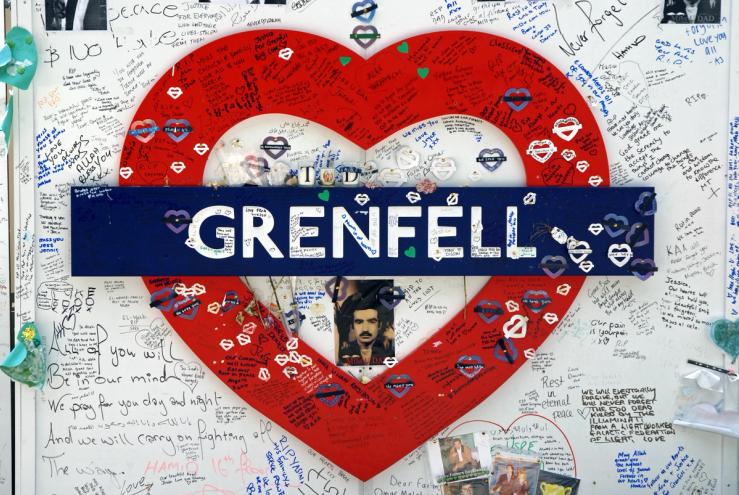The News
Around a dozen firefighters who responded to London’s deadly Grenfell Tower blaze in 2017 have been diagnosed with terminal cancers including leukemia, an investigation by British outlet the Mirror has found.

In this article:
Know More
Experts in the U.K. are putting together a list of firefighters who have been diagnosed with cancer in the aftermath of Grenfell, and expect the number to go over 20 people.
The diagnoses include leukemia and incurable digestive cancers.
In June 2017, a fire at Grenfell Tower, a high-rise in west London, burned for 60 hours and killed 72 people. More than 250 firefighters responded to the scene.
Studies of the area around Grenfell have found high levels of cancer-causing carcinogens which may pose health risks to the surrounding community and survivors of the fire.
Firefighters are twice as likely to be diagnosed with cancer if they stay in their equipment for more than four hours after attending a scene, or if they notice soot in their nose or throat.
Some Grenfell first responders stayed in their suits for up to 10 hours.
The View From the united states
Some first responders who were at the scene of the World Trade Center on 9/11 have developed cancer in the decades following the attack. Nearly half of responders who were alive as of 2021 had a respiratory or digestive condition while 16% had developed a cancer, according to Scientific American report.
And while a 2019 study found that 9/11 first responders were at an increased risk of developing certain cancers, including leukemia, compared to the general population, research in 2021 found that they were also more likely to survive the cancers compared to non-responders.
Similar risks also exist for firefighters battling America’s aggressive and frequent wildfires.


